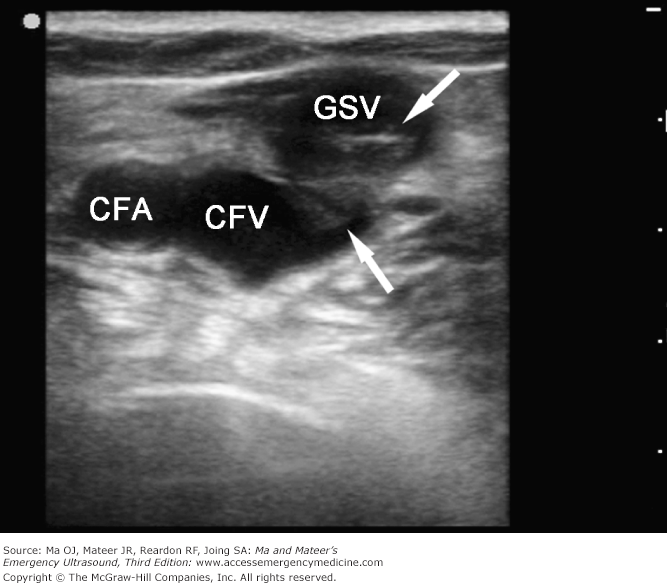The No Surprises Act protects people covered under group and individual health plans from receiving surprise medical bills when they receive most emergency services, non emergency services from out-of-network providers at in-network facilities, and services from out-of-network air ambulance service providers. It also establishes an independent dispute resolution process for payment disputes between plans and providers, and provides new dispute resolution opportunities for uninsured and self-pay individuals when they receive a medical bill that is substantially greater than the good faith estimate they get from the provider.
Starting 1st Jan, 2022, there are new protections that prevent surprise medical bills. If you have private health insurance, these new protections ban the most common types of surprise bills. If you’re uninsured or you decide not to use your health insurance for a service, under these protections, you can often get a good faith estimate of the cost of your care up front, before your visit. If you disagree with your bill, you may be able to dispute the charges. Here’s what you need to know about your new rights.
What Is TDI Mediation?
Mediation is a confidential process used to resolve conflicts in an amicable manner. An impartial and independent mediator directs the process and facilitates the communication between the parties i.e. Provider and Insurer, in an effort to explore solutions and obtain a mutually satisfactory agreement.
The objective of mediation is for parties in conflict to participate in good faith in a dialogue regarding their dispute, to present their points of view and to explore options for settlement in an effort to reach a mutually satisfactory resolution of their dispute.
The mediator welcomes the participants and explains the mediation process, the mediator’s role in the process and the rules of mediation. The participants present the issues they want to resolve, explore their interests and options and look for a mutual resolution. If the parties reach an agreement and sign it, this agreement may have the validity of a contract.
How TDI Mediation Works?
Texas law applies to health plans regulated by TDI, but not ambulance services.
Health plans and out-of-network providers and facilities must use the Independent Dispute Resolution portal to mediate or arbitrate disputes:
Mediation: Used for billing disputes between out-of-network facilities and health plans.
Arbitration: Used for billing disputes between out-of-network health care providers (not facilities) and health plans.
Within 30 days of Provider’s request for mediation, the parties must participate in an informal telephone conference. Your insurance company will tell you when this will occur. Provider may request that additional claims involving the same provider and insurance company be mediated, but the other parties aren’t required to agree.
The actual mediation conference will be held within 180 days of your request for mediation. Provider has a right to a mediator appointed by the State Office of Administrative Hearings, or the parties may unanimously agree to select a different mediator. The provider and Insurance company will each pay one half of the mediator’s fees.
Mediators and arbitrators for Independent Dispute Resolution and their Fee
Patient isn’t required to attend the actual mediation, which must be held in the county where the services were provided or virtual. Your provider and company will discuss resolution regardless of whether you attend. You may also choose to have a representative attend with you or in your place.
If you attend, you’ll get a chance to state your position. A mediation may not last more than four hours unless the provider and company agree to mediate for longer.
The parties aren’t required to reach an agreement at mediation. But, if no agreement is reached, the matter may be referred to a judge for resolution. Requesting mediation doesn’t mean Provider can’t take the matter to court.
Mediating a claim doesn’t mean that Provider don’t have to pay any payments. Instead, the goal of the mediation is to reach an agreement between you, your provider, and the company as to the amount charged by the provider, the amount paid by the company to the provider, and the amount paid by you to the provider.
Once your provider has received notice that you have requested mediation, they may not attempt to collect any payment (other than for copayments, deductibles, and coinsurance) until the mediation ends or the request to mediate is withdrawn.
Ref: Texas Department of Insurance











